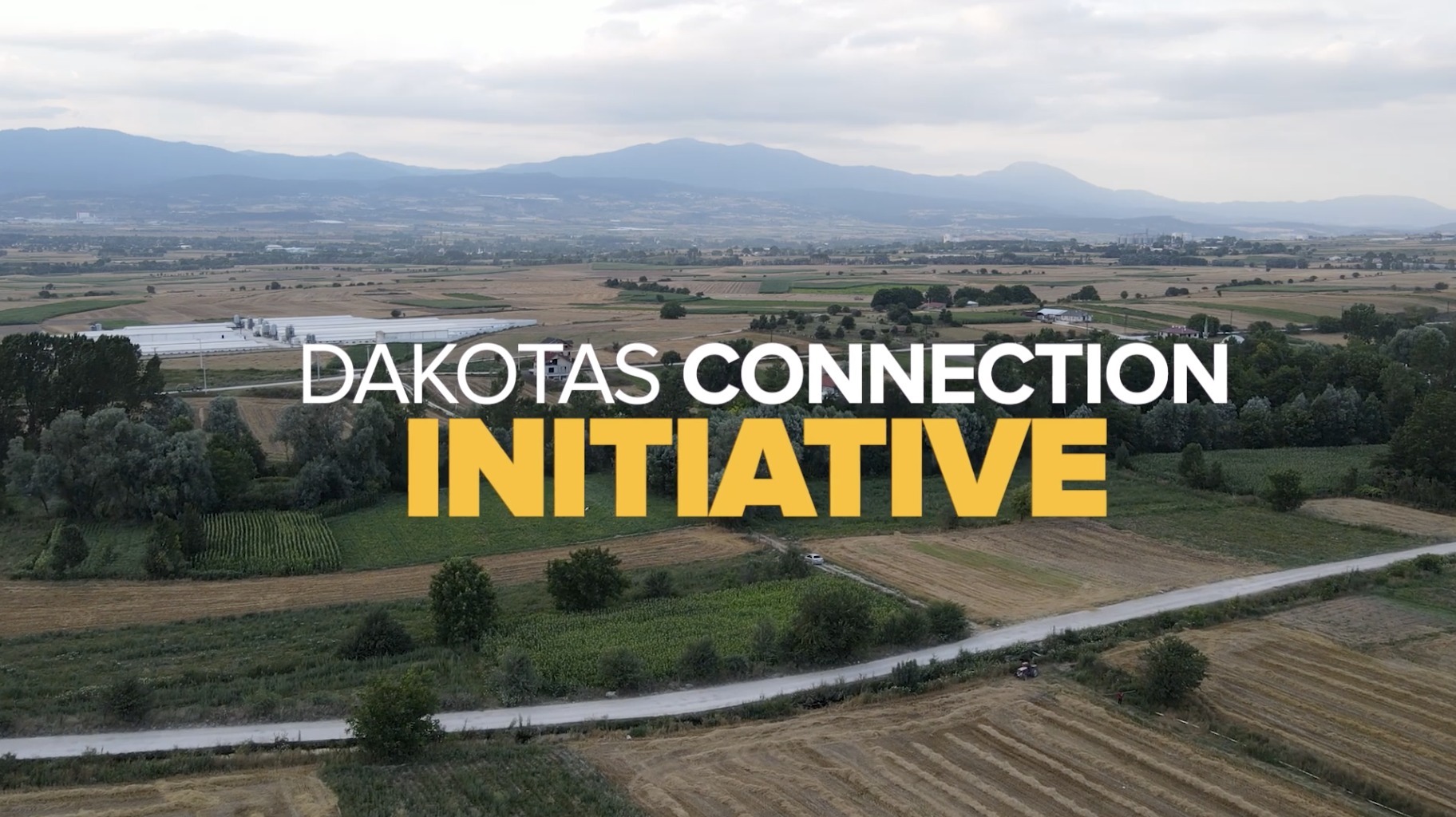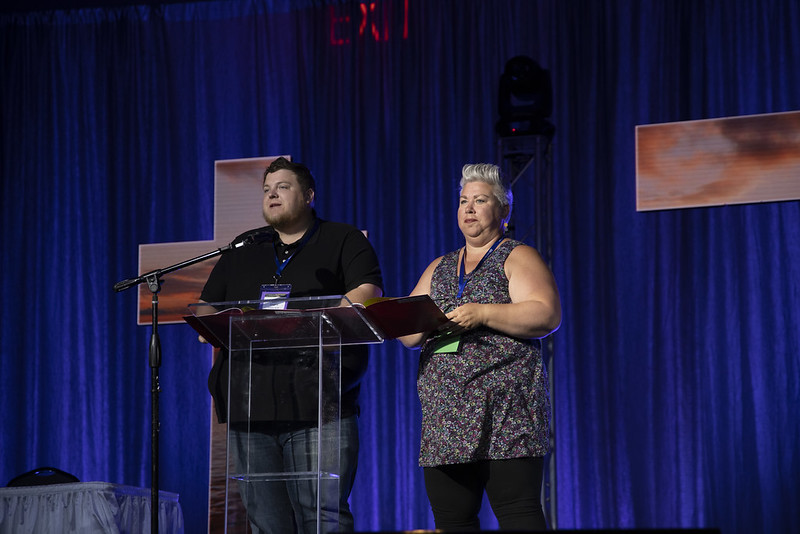
Dakotas Connection Initiative: Changing the landscape for rural ministry

In October of 2020, the Dakotas Conference received word that we had been awarded close to $1 million from the Lilly Endowment. The purpose of the grant was to provide funds that would allow the Conference to develop and test new leadership models and support systems to help rural congregations thrive.
“We are not content to see our churches disappear from the Dakotas landscape in the ways other denominations have, but rather to see the changes in demographics as an innovation opportunity borne out of necessity,” said Rev. Zach Kingery, the pastor at Wessington Springs UMC in South Dakota and a member of the leadership team for the Dakotas Connections Initiative.
The vision for the Dakotas Connection Initiative was birthed out of the missional experimentation that was taking place through things like strategic team ministry models and intentional bi-vocational ministry.
Another member of the leadership team of the Dakotas Connection Initiative, Annie Carlson, who serves as a local pastor for the Missouri Valley parish in North Dakota, said, “We started asking, what if we shifted to ‘coaching up’ local leaders rather than only ‘coaching in’ transplanted leadership with limited affinity? What if we created ways for people to answer pastoral ministry calls while also living their call as a teacher, farmer, or accountant? What if we recaptured the vision of effective leadership models of the early church, as well as the early Methodist movement?”
The Dakotas Connection steering team assembled and acknowledged that continuous learning and experimentation will be vital to this endeavor. Therefore, the team is working on plans for regional gatherings throughout the Dakotas this next year. These gatherings will allow a focused time for rural church leaders and pastors to network, learn from one another, and be encouraged and equipped for ministry in their context. It will also allow us to listen and learn from these leaders about the challenges and potential opportunities for innovation and creative problem-solving.
Beyond these gatherings, unique leadership models are being tested right now to learn what will work. These include places like Alexandria; Cresbard and Tolstoy; Washburn and Center; Napolean, Lehr, Edgeley and Ashley; Ethan and Lyman County, as well as places like Rapid City Open Heart, Brandon Celebration, and Mitchell Fusion. The hope is to learn from these leadership models what works and what doesn’t? What role does technology play? What does leadership development and ministry call look like?
Out of both the regional gatherings and the existing churches trying new things, the Dakotas Connection Initiative team hopes to identify both lay and clergy leaders to participate in a coaching cohort for ongoing support and learning.
Another strategy articulated in the grant proposal was the “hub” church model that would enable a larger church to partner with smaller churches to share and multiply their resources. As a result, we have seen variations in churches like Bismarck Legacy, Aberdeen First, and Mitchell Fusion.
There are merits to the hub church model and investing in technology to allow churches to engage in these partnerships. The new question is, what if the “hub” doesn’t have to be a church?
Out of this question was borne the idea of starting a digital hub—an online platform that can be shared by multiple rural congregations to collaboratively offer Bible studies, with a shared mission and outreach opportunities, and a shared connection point for new people to discover faith and get connected with a church in a rural context. The hope is that both the hub city and digital hub models offer a mutually synergistic effect by promoting the healthy characteristic of looking beyond ourselves and our organization and seeking ways to bless others.

Pastor Zach Kingery, who serves Wessington Springs UMC in South Dakota and Annie Carlson who services Missouri Valley Parish in North Dakota share an update of the Dakotas Connection Initiative during AC 2021. Photo by jlynn studios.
How can you get involved?
The vision for the Dakotas Connection Initiative was not borne out of the Conference or a small group of people having all the answers. Instead, it was borne out of the belief that in the Dakotas, we believe in the value of our rural context for fostering creativity and innovation.
- Your help is needed to capture and share various contexts of creativity and innovation. If you have an idea of how your church could connect to another church or churches for collaboration or resource sharing, talk to your district superintendent, bring the leadership of the different churches together, and start talking about what that might look like and what technological and human resources would make that happen.
- If you know someone who has gifts for co-vocational ministry in a rural setting or if you or your church could be the host for someone getting experience with preaching, youth ministry, care ministry, or some other area, consider being a part of our rural ministry apprenticeship process.
- If you are a lay or clergy leader in a rural community and want to invest your gifts and passion in helping your church and community and other churches and communities in the Dakotas thrive, watch for a regional event coming to your area.
- In the coming weeks, a survey will be available to share your ideas and questions.
“We know this isn’t some magic formula,” said Carlson, “We know the things we’re exploring aren’t simply technical or logistical changes. They are adaptive changes that will require us to risk and reimagine, that will require us to ‘be transformed by the renewing of our minds.’ (Romans 12:2)”
Kingery shares that a culture shift from believing in the current practices or the way we have always done things needs to happen. “We will need to overcome a culture of professionalized ministry that has led many laity to see their gifts and callings as secondary and many churches to feel like, ‘if we can’t get a ‘real’ pastor, we’re not a real church.’ We will need to work against the cultural narrative that has taught us that size is what defines success and worthiness.”